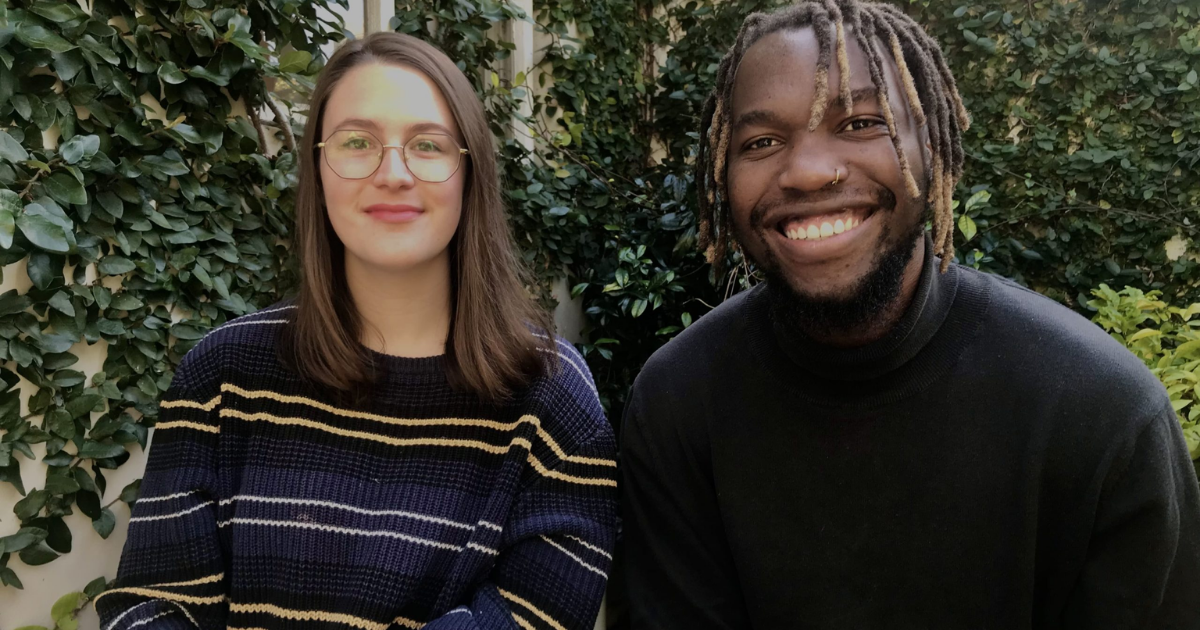SA's Edtech, Foondamate secures $2 million to scale its AI-powered learning chatbot

South African-based edtech startup, FoondaMate has secured $2 million in LocalGlobe-led funding round to scale its WhatsApp and Facebook-based learning Chabot to students across the globe.
The startup’s first backer XX accelerator also participated in the round, alongside investors like Emerge Education, Odunayo Eweniyi of FirstCheckAfrica, and Iyin Aboyeji of Future Africa, and LoftyInc, as well as angel investors from Luno (Marcus Swanepoel) and Justworks (Isaac Oates).
Foondamate assists students with their revision, particularly those preparing for exams, by providing instant answers to questions and access to revision papers, as well as advising them in their responses to questions.
According to Dacod Magagula, the startup’s CEO and co-founder in a chat with Techcrunch, Foondamate targets high-school students in emerging markets where WhatsApp is widely used and is a lot cheaper or free to access. Its learning Chabot, he said, is seamless to use, affordable, and acts as an organized alternative to using search engines for study. Educators also use FoondaMate’s integrated resources to set and post homework and to share other learning materials with students.
Magagula said he began working on FoondaMate in August 2020, when WhatsApp released a test version of its API to allow businesses to communicate with customers.
“At the time, it (WhatsApp) was in beta, so I started messing about with it… I thought it’d be a great method to give kids in similar situations to me access to study materials…because the majority of students don’t have access to the internet but do have WhatsApp. Also, many network providers give WhatsApp away for free to entice customers to join their network,” added Magagula, who co-founded FoondaMate with Tao Boyle.
Furthermore, Magagula had extra experience from his high school days that convinced him of the idea’s viability.
“…during my senior year of high school in South Africa, I used the computer that my brother and I had purchased with our funds for studies and to download all revision materials that I could find.” Magagula noted, “I had a vast database of old papers but no way of sharing it with my pals, and printing them was expensive.”
“… But the materials played a big role in my success in school as I graduated top of my class and my performance was the best in the history of the school (at that time). And so FoondaMate was created to make these resources easily accessible to students,” said Magagula, who read Computer Science at the University of Cape Town. After teaming up with Boyle, they added more functionality and integrated them with additional services.
Since its launch about two years ago, FoondaMate has been used by more than 400,000 students globally, using over 10 languages in over 30 countries, including Colombia, Mexico, Brazil, and Indonesia – where the startup recently launched and has since witnessed a surge in usage.
Magagula stated that the company is now focusing on localizing its learning materials to accommodate learners from more nations and accelerate the platform’s growth to more than 50 million users. Its recent investment round has provided the necessary resources for this quick growth.
“At first, I assumed FoondaMate would be utilized by students who do not have access to Wi-Fi or who have limited internet connection. However, people with decent internet connectivity are also using it…because it’s a simple and natural way to get study material,” he said.
To keep the children safe on the platform, the firm has a team that evaluates where the bot gets its information and monitors the results.
“FoondaMate’s viral growth significantly demonstrates how effectively the product resonates with learners and speaks volumes to Dacod and Tao’s profound understanding of their customers’ needs,” Ziv Reichert, a LocalGlobe partner said.
“After beginning with a vision to change the way African students learn, FoondaMate has grown into a tool that is today used and appreciated by students from all around the world, with various requirements and learning styles.” To design a product like this, we believe it takes a lot of empathy for the situation and a long-term perspective,” Reichert added.
